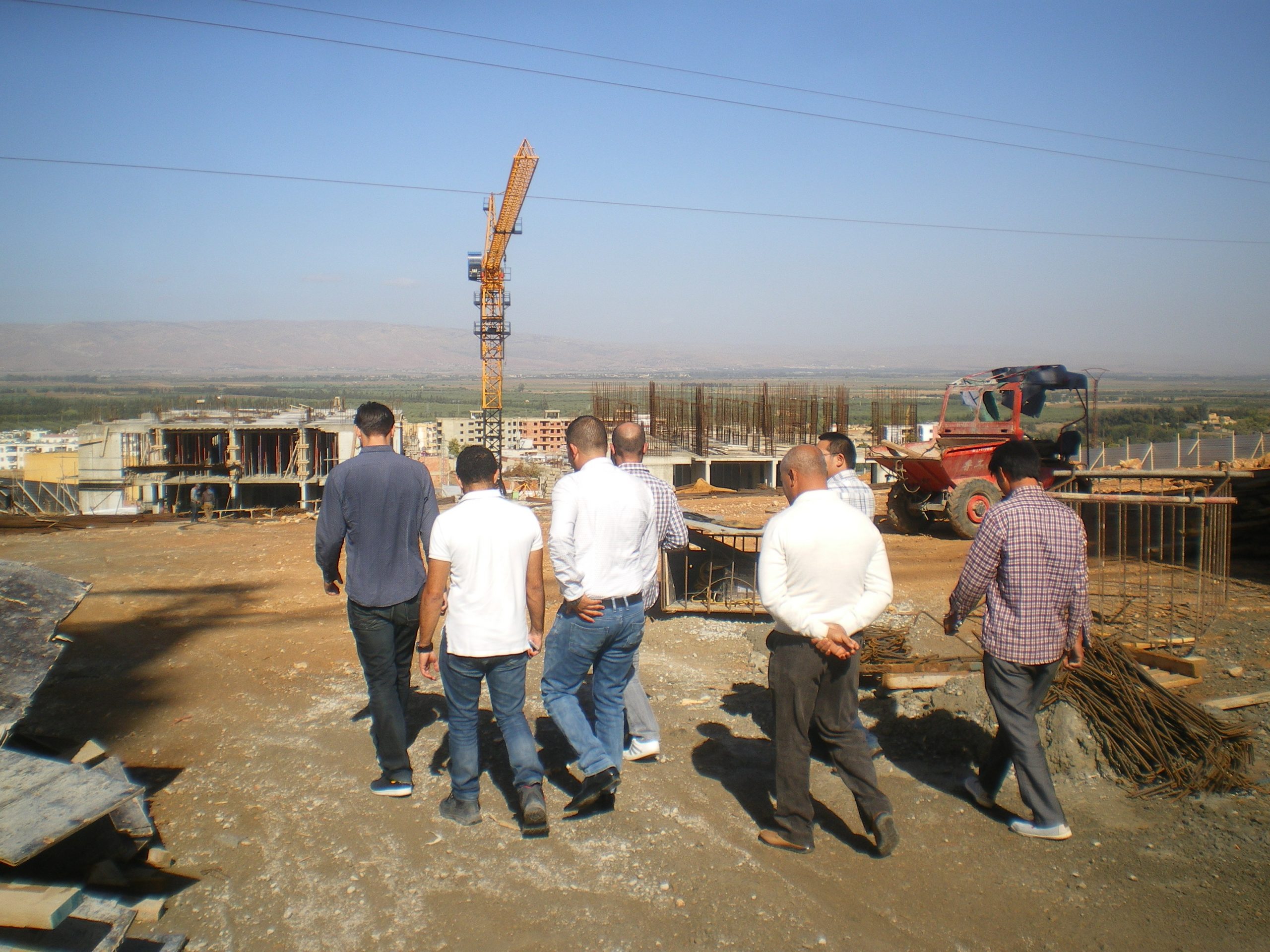Chinese construction firms, typically referred to by the construction model of engineering, procurement, construction (EPC), have gained a reputation for carrying out some of the largest construction projects both domestically and overseas. In fact, China now claims more than half of the top 10 tallest buildings in the world and according to the weekly magazine Engineering News Record, more than 60% of major contracting projects in Africa are now being carried out by Chinese firms. A quick look at China’s Ministry of Commerce (MOFCOM) information shows that there are over 3,000 firms permitted to carry out international project contracting.
How does one identify a suitable Chinese construction partner?
1. Can the EPC carry out overseas projects?
Not every Chinese construction firm is permitted to undertake overseas projects and the MOFCOM maintains a list of permitted firms. Moreover, given the large domestic market, some firms may have no interest in venturing overseas.
2. What is the source of financing for the overseas project?
If one were to pick a decisive factor in deciding if a Chinese EPC company is a suitable partner, the African partner must be clear on the source/type of financing for the proposed project. This is also directly linked to the type of business cooperation model, such as a turnkey EPC project, Build-Operate-Transfer (BOT), Public Private Partnership (PPP) etc. If a project has financing, then a large majority of firms would be able to carry out the project. However, if one requires financing, then one must address a new set of questions on how the EPC will recoup its financing:
- Does the project have sovereign guarantee?
- Can an international financial institution guarantee the project?
- Can a local financial institution guarantee the project?
- If the above is possible, then the pool of cooperation partners remains significantly large, but will reduce for each question answered “no.”
- If the project cannot offer any of the above guarantees, then a business case for the project must exist
3. Does the project have a feasibility study from a reputable institution?
EPCs will more readily consider projects that do not entirely depend on the market, such as power projects that can be backed by a power purchasing agreement.
4. Does the project require the EPC to carry out the study?
This will significantly reduce the type of interested EPC companies in the project.
5. What is the structure of the EPC?
There are projects that are more favorable to state-owned companies as opposed to private companies. Even within state-owned companies, some projects are more suited to central government firms, i.e. those based on government-to-government agreements or those that require financing from Chinese state-owned policy banks, such as the Export-Import Bank of China or China Development Bank.
6. What are the technical requirements of the project?
For most projects, Chinese EPC firms are able to be the main project contractor while subcontracting specific sections. However, only select firms are allowed to carry out projects that require very specific expertise, such as construction of an airport runway or nuclear facilities, especially if they are state-owned, as there are specific licensing requirements.
7. Where is the project?
There are EPC firms that are not allowed to venture into certain geographic regions due to Chinese government regulations, internal policies within the firm that restrict intra-group competition, or simply because the EPC has no interest in venturing into a given area. For large EPC companies, such as China Communications Construction, Sinohydro or China Railway Construction, policies to reduce intra-group competition are particularly relevant.
8. To bid or not to bid?
For certain projects there must be international bidding and some EPCs are simply not willing to bid. Reasons may be diverse, such as lower profits due to increased competition, a low chance of acquiring the project, the large investment that may be required to carry out the bidding process with an uncertain outcome, etc.
Conclusion
As Chinese EPC firms continue to expand their reach within the continent, it is crucial that their African partners remain cognizant of how these firms are operating on the continent in order to identify and select suitable partners.
(Walter Ruigu is managing director of CAMAL Group, a trade and investment advisory firm based in Beijing, Nairobi and Lusaka and can be reached at [email protected])

